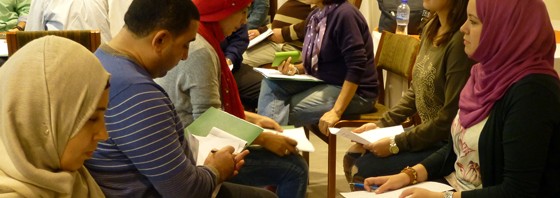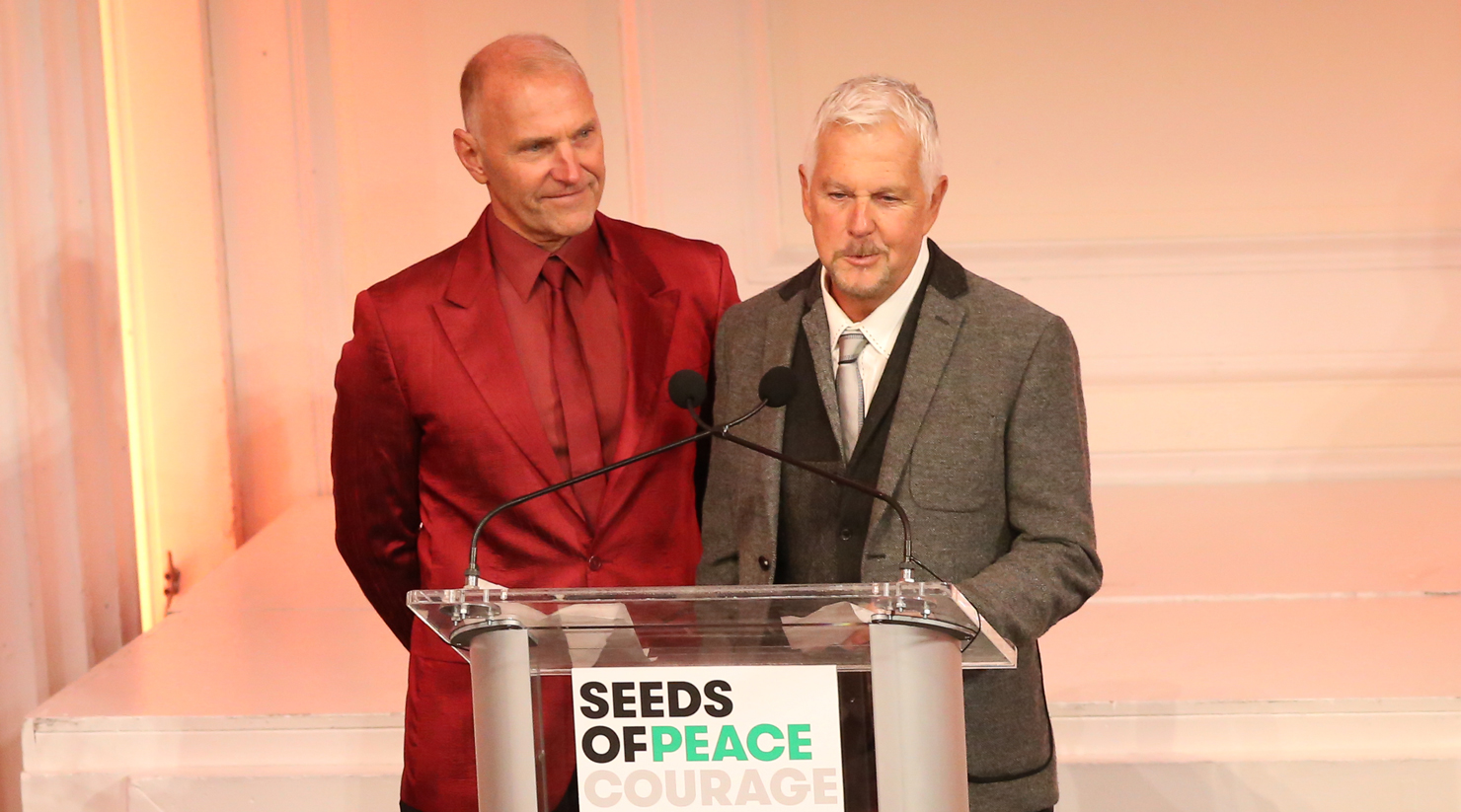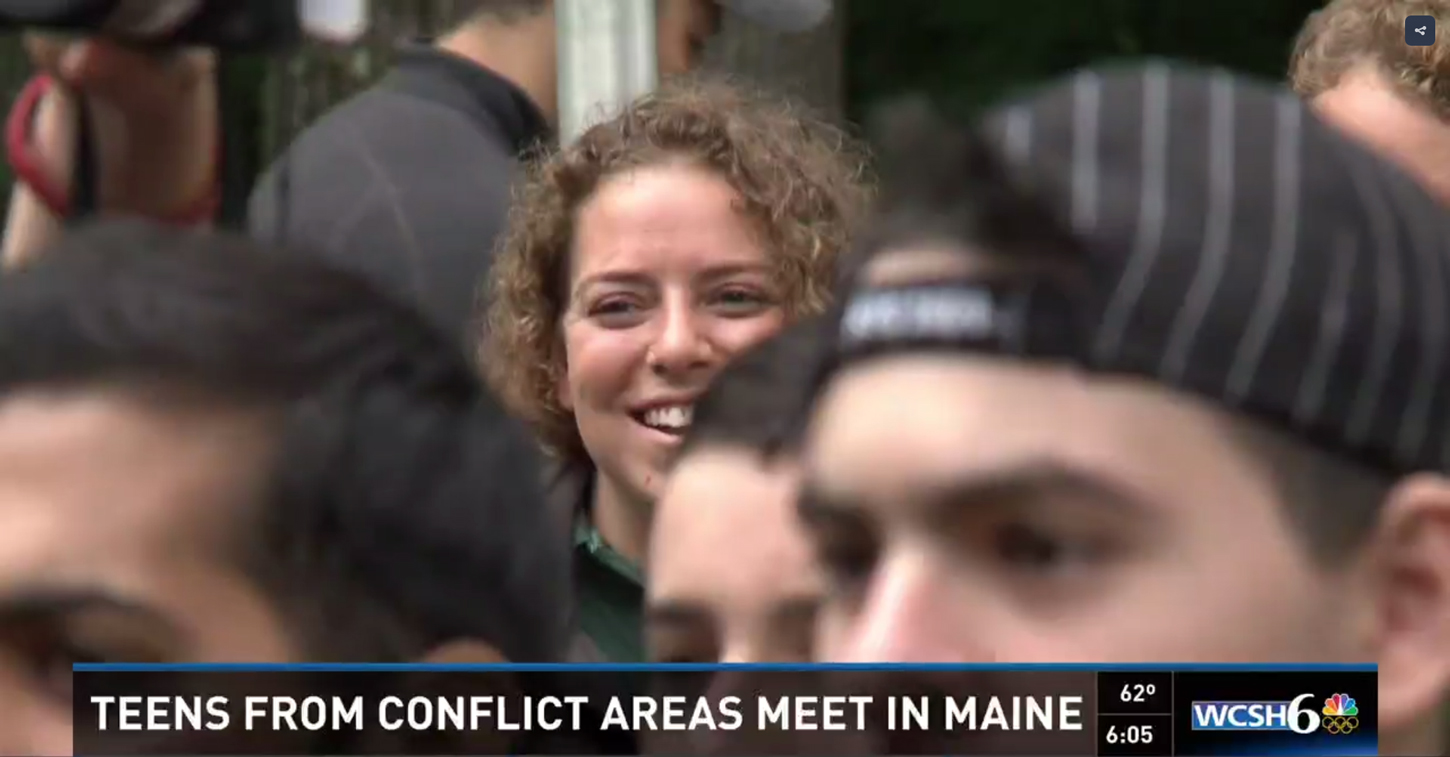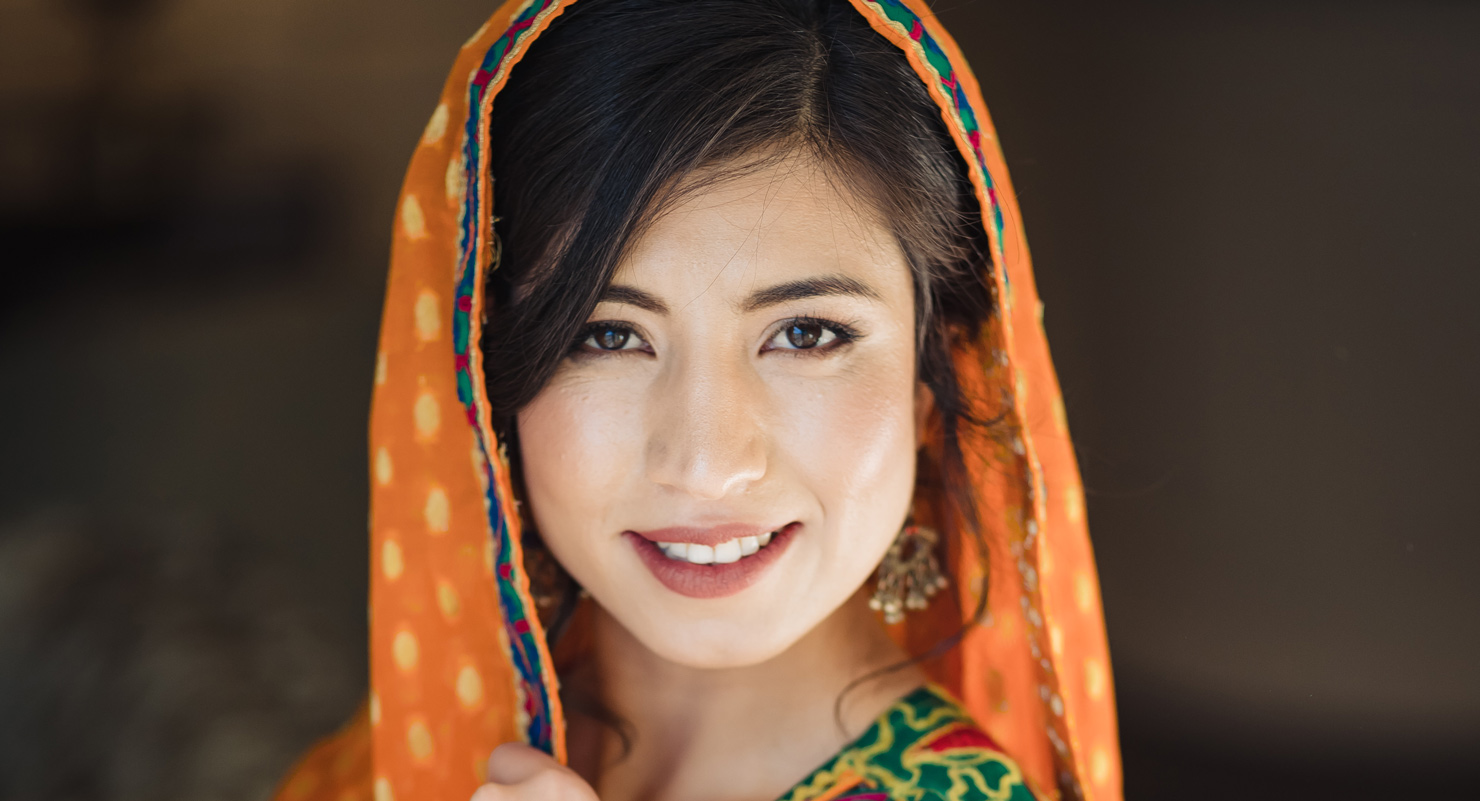
JERUSALEM | Seeds of Peace staff and Educators hosted two USAID-funded capacity building workshops on educational leadership in times of crisis for Palestinian and Israeli educators in December.
The workshop for 39 Palestinian educators took place in Jericho on December 5 and 6; the 26 Israeli educators met in Kibbutz Nachsholim on December 12 and 13.
Both endeavored to deepen trust, commitment, and support between Seeds of Peace educators and allies, and provided participants with the opportunity for safe, productive discussions about how to be successful educational leaders working towards a more humane and just future.
A diverse array of educators of different socioeconomic backgrounds, professions, ages, institutions, and geographic regions—from Gaza and Eilat to Hebron, Jenin, and Jerusalem—took part in the two-day workshops. Many had participated in previous Seeds of Peace Educator Program activities, and the workshops provided an opportunity to reconnect and strengthen their relationships. Others were new to Seeds of Peace, and the workshops served to expand the circle of Seeds of Peace Educators.
Palestinian participants included public school teachers, academics, UNRWA teachers, negotiators, peace activists, and community center leaders. The Israeli workshop also included a variety of educators, ranging from high-ranking officials in the Israeli Ministry of Education, to school principals, academics, and peace activists.
The Palestinian participants discussed strategy for effectively dealing with crises in a teaching environment, and shared the challenges of their lives and work, enthusiastically learning about one another and inspiring each other. They also had the opportunity to present their own workshops, from active listening exercises to conducting interviews for a film. The 15 educators from Gaza, some of whom had never left Gaza before, visited Jerusalem and Ramallah.
Israeli participants engaged in an energetic discussion about pluralism in Israel and the challenges that accompany it. They also took part in a Non-Violent Communication (NVC) workshop that touched on the various national, religious and political identities in Israel. In the evening, one of the NVC trainers led the group in a set of drama exercises to encourage expression and communication.
Seeds of Peace Educator Programs seek to inspire and equip educators in conflict regions with the relationships, understanding, and skills needed to transform schools and communities and contribute to a culture of peace.





